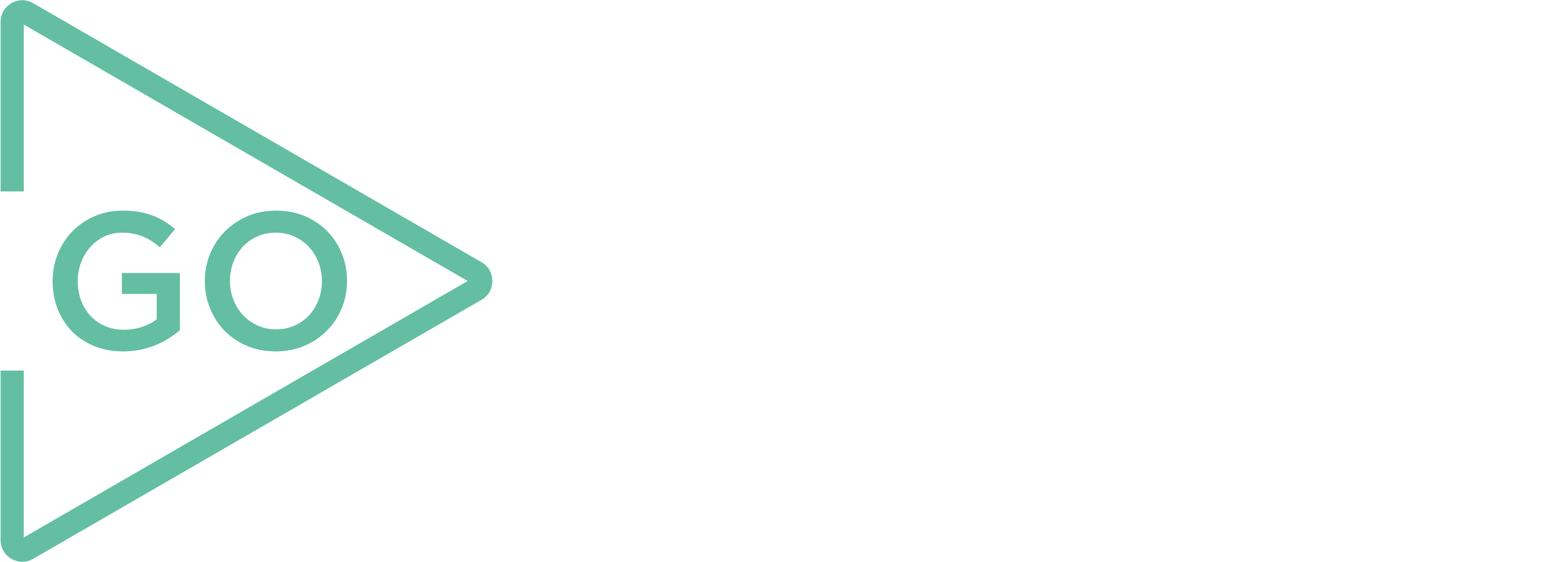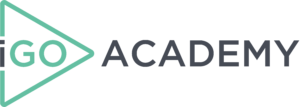Standalone Inspection Technical Courses
iGo’s Standalone Technical Courses include the full depth of content available in the iGo Academy Certification course, but are available a la carte for those who are not seeking certification.
These individual courses are perfect for an inspector looking to brush up on knowledge in specific areas, agents who wish to sharpen their knowledge about homes without requiring the certification needed to practice as a home inspector, or anybody who wants to gain serious knowledge about how to assess the health of key systems of a home.
Purchase one, or purchase the whole bundle, and save!

Exterior Inspections - $49
- Module 1 – Exterior Inspection Introduction
- Module 2 – Exterior: Driveways Walkways Patios
- Module 3 – Exterior Wall Coverings: Adhered Masonry Veneer, Brick and Stone Veneer, Anchored Veneer
- Module 4 – Exterior Wall Coverings: Vinyl and Aluminum/Steel Siding
- Module 5 – Exterior Wall Coverings: Fiber Cement Siding
- Module 6 – Exterior Wall Coverings: Hardboard and Wood Siding
- Module 7 – Exterior Wall Coverings: Stucco
- Module 8 – Exterior Wall Coverings: Exterior Insulation and Finishing System (EIFS)
- Module 9 – Exterior Wall Coverings: Asbestos Cement Siding and Insulbrick Siding
- Module 10 – Exterior Wall Coverings: Flashing, Trim and Eaves

Interior Inspections - $49
Learn how to identify and inspect interior components using applicable standards for material selection, installation procedures, and maintenance to assess immediate and long-term safety issues as they may affect people or the performance of the building. Understand which professional and/or resource is most appropriate to refer a client to for maintenance/correction of defects.
- Module 1 – Interior Inspection Introduction
- Module 2 – Wall and Finishing Materials
- Module 3 – Interior Doors
- Module 4 – Floor Coverings
- Module 5 – Interior Stairs and Landings
- Module 6 – Cabinets and Countertops
- Module 7 – Garage Vehicle Doors and Openers
- Module 8 – Attic Inspection
- Module 9 – Interior Inspection
- Module 10 – Kitchen Inspection
- Module 11 – Bathroom Inspection

Structure Inspections - $49
Learn how to identify and inspect structural system elements using applicable standards for material selection and installation procedures to assess immediate and long-term safety and maintenance issues that may affect people or the structural stability of the building. Understand which professional and/or resource is most appropriate to refer a client to for maintenance/correction of defects.
- Module 1 – Structural Inspection Introduction
- Module 2 – Standards of Practice/Forces Acting on a Structure
- Module 3 – Foundation: Categories & Components
- Module 4 – Foundation Types
- Module 5 – Foundation Materials
- Module 6 – Structure Evaluation
- Module 7 – Structure Evaluation: Crack Analysis
- Module 8 – Foundation Defects
- Module 9 – The Floor System Part 1
- Module 10 – The Floor System Part 2
- Module 11 – Floor System Defects
- Module 12 – Wall System
- Module 13 – Wall System Defects
- Module 14 – Roof and Ceiling Systems
- Module 15 – Roof and Ceiling Systems Defects

Roof Inspections - $49
Learn how to identify and inspect roofing components using applicable standards for material selection and installation procedures to assess immediate and long-term safety and maintenance issues that can affect people or the performance of the building. Understand which professional and/or resource is most appropriate to refer a client to for maintenance/correction of defects.
- Module 1 – Roof Inspection Introduction
- Module 2 – SOP and Steep Slope Roof Coverings
- Module 3 – Steep Slope Roofs: Asphalt (Fiberglass) Composition Shingle
- Module 4 – Steep Slope Roofs: Asphalt (Fiberglass) Composition Shingle Defects
- Module 5 – Steep Slope Roofs: Concrete and Clay Tile
- Module 6 – Steep Slope Roofs: Concrete and Clay Tile Roof Defects
- Module 7 – Steep Slope Roofs: Metal Panel and Shingle Installation and Defects
- Module 8 – Steep Slope Roofs: Slate Tile Installation and Defects
- Module 9 – Steep Slope Roofs: Wood Shake and Shingle Installation and Defects
- Module 10 – Steep Slope Roofs: Other Materials and Defects
- Module 11 – Ice Dams
- Module 12 – Low Slope Roofs: Built-Up Roofs (BUR) Installation and Defects
- Module 13 – Low Slope Roofs: Modified Bitumen and Other Single-Ply Materials Installation and Defects
- Module 14 – Low Slope Roofs: Polyurethane Foam Installation and Defects
- Module 15 – Low Slope Roofs: Mineral Surfaced Roofing Installation and Defects
- Module 16 – Roof Drainage Systems Installation and Defects
- Module 17 – Roof Inspection

Electrical Inspections - $49
- Module 1 – Electric Inspections Introduction
- Module 2 – Electrical Services
- Module 3 – Electrical Main Disconnects and Service Capacity
- Module 4 – Electrical Grounding Overview
- Module 5 – Electrical Grounding Electrodes and Conductors
- Module 6 – Electrical Bonding
- Module 7 – General, Safety, Locations, Clearances
- Module 8 – Panel Enclosures and Interiors
- Module 9 – Service Panels and Subpanels
- Module 10 – Neutrals and Equipment Grounding Conductors
- Module 11 – Circuit Breakers, Wire Sizes and Breaker Terminals
- Module 12 – Multi Branch Circuits
- Module 13 – Aluminum Wiring, Fuses, Obsolete Panels & Multi-family Dwellings
- Module 14 – AFCIs and GF’s
- Module 15 – Branch Circuits and Outlets
- Module 16 – Lighting
- Module 17 – Wiring Methods- General and Cable Systems
- Module 18 – Wiring Methods- Raceways
- Module 19 – Wiring Methods- Boxes, KNT, AL and Appliances
- Module 20 – Electrical Inspection

Plumbing Inspections - $49
Learn how to identify and inspect plumbing systems using applicable standards for material selection and installation procedures to assess immediate and long-term safety and maintenance issues that may affect people or the performance of the building. Understand which professional and/or resource is most appropriate to refer a client to for maintenance/correction of defects.
- Module 1 – Plumbing Inspection Introduction
- Module 2 – Plumbing Water and Distribution
- Module 3 – Plumbing Distribution Materials
- Module 4 – Water Distribution Pipe Connections
- Module 5 – Plumbing Fixtures Showers- Tub Standpipes
- Module 6 – Toilets Bidets Sinks and Disposers
- Module 7 – Disposer Installation Faucets and Valves
- Module 8 – Potable Water Contamination
- Module 9 – Domestic Hot Water Systems
- Module10 – Hot Water Circulation Systems
- Module 11 – Water Conditioning Equipment
- Module 12 – Private Water Supply Systems (Wells)
- Module 13 – Drain Waste And Vent Piping
- Module 14 – DWV: Pipe Connections Traps Fittings and Installation
- Module 15 – DWV: Fixture Drains
- Module 16 – DWV: Plumbing Traps and Vents
- Module 17 – DWV: Sump Pumps
- Module 18 – DWV: Sewage Ejector Pumps
- Module 19 – DWV: Private Sewage Disposal Systems
- Module 20 – Plumbing Inspection

Cooling Inspections - $49
Learn how to identify and inspect separate cooling systems using applicable standards for material selection and installation procedures to assess immediate and long-term safety and maintenance issues that may affect people or the performance of the building. Understand which professional and/or resource is most appropriate to refer a client to for maintenance/correction of defects.
- Module 1 – Cooling System Requirements, Terms, and Classifications
- Module 2 – How Air Conditioners Work
- Module 3 – Inspecting Cooling Systems
- Module 4 – Cooling System Defects
- Module 5 – Related Air Conditioning System Components
- Module 6 – Air Distribution Systems
- Module 7 – Air Distribution Materials and Installation
- Module 8 – Cooling Inspection

Heating Inspections - $49
Learn how to identify and inspect heating systems using applicable standards for material selection and installation procedures to assess immediate and long-term safety and maintenance issues that may affect people or the performance of the building. Understand which professional and/or resource is most appropriate to refer a client to for maintenance/correction of defects.
- Module 1 – Mechanical Inspection Introduction
- Module 2 – Basic Concepts, Terminology, Combustion Air
- Module 3 – Inspecting Heating Systems, Gas Forced Air Furnaces
- Module 4 – Inspecting Gas Furnaces
- Module 5 – Gas & Oil- Floor Furnaces, Wall Furnaces
- Module 6 – Gas & Oil- Vented and Unvented Room Heaters, Vented Decorative Appliances
- Module 7 – Category I Gas Appliance Venting
- Module 8 – Category I Gas Appliance Venting Defects
- Module 9 – Category III and IV Gas Appliance Ventings
- Module 10 – Oil Heating Systems
- Module 11 – Electric Heating Systems
- Module 12 – Hot Water Heating Systems
- Module 13 – Steam Heating Systems
- Module 14 – Solid Fuel or Dual Fuel Furnaces and Boilers
- Module 15 – Humidifiers


